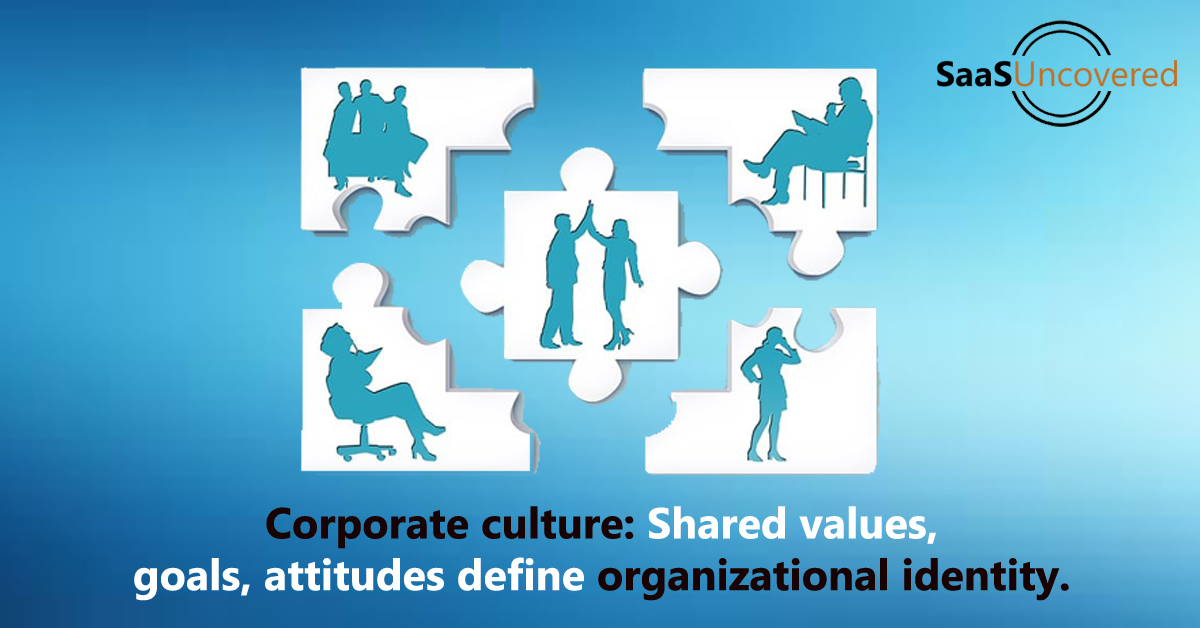Corporate Culture
Corporate culture, also called organizational, company, and workplace culture refers to the shared values and goals of an organization.
Updated: November 26, 2023

Corporate culture, also called organizational, company, and workplace culture refers to the shared values and goals of an organization, including the attitude and behaviors the organization upholds.
A solid corporate culture is important for the talent acquisition and recruitment strategy of an organization as well as its long-term employee engagement strategy. Employee engagement software is leveraged by organizations to build more meaningful corporate cultures and create happier employee experiences.
Adhocracy culture, Clan culture, Hierarchy culture and Market culture are four types of corporate cultures that are the most widespread. Key elements to consider are vision, values, practices, people, narrative and place. Higher retention rates, positive reputations and stronger teams are benefits of corporate cultures. Employees re more likely to remain loyal to the organization when they appreciate the company culture. Positive reputations can be build by healthy corporate cultures, which can attract new talent and impress clients and the public. Corporate culture help build stronger bonds and relationships with one another which can unify employees and lead to better teamwork.
Organizations should include employees in the process, set top-down examples and model behavior, prioritize diversity and be transparent when building or changing their corporate culture. There is no corporate culture without people. So, you need to involve employees in all discussions around the direction of the culture to obtain their buy-in. This will allow them the opportunity to help shape it.